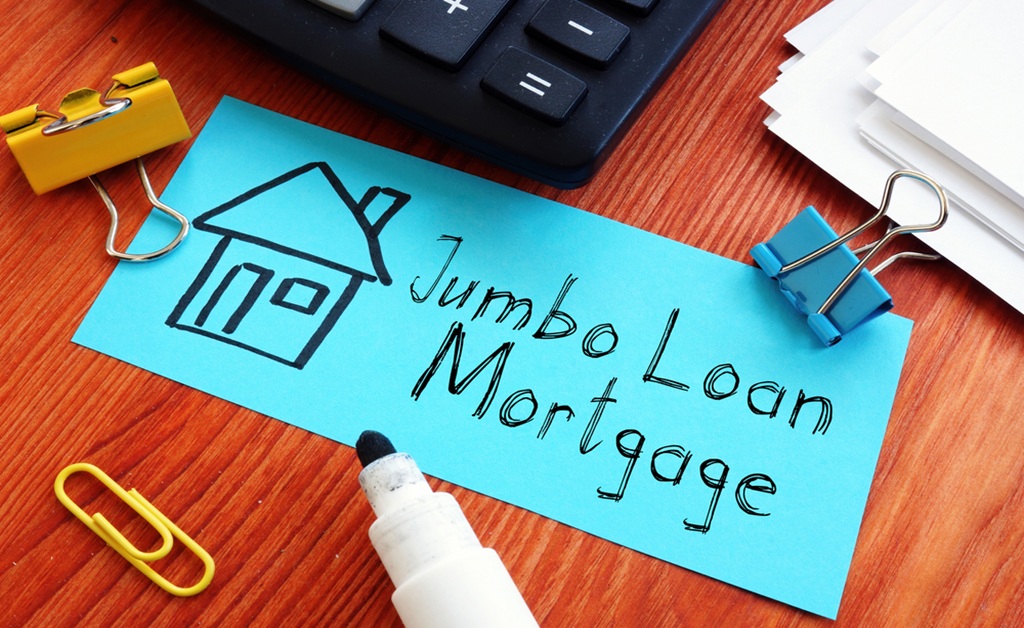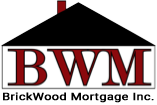If you’re purchasing a South Carolina home that’s seeking a residence larger than mortgage limits generally allow, you’re no stranger to a “jumbo loan.” Jumbo home loans in South Carolina are often used to fund luxury homes, and many shoppers fear they’re much more difficult to qualify for than a mortgage. But is this true?
The short answer is yes—jumbo mortgage qualification guidelines are stricter. But getting to know them will enable you to prepare yourself and be more likely to qualify in South Carolina’s most competitive housing market. If you have any questions, a broker can consider your circumstances and make the process easier than ever!
What Makes Jumbo Loans Different?
Jumbo loans exceed Federal Housing Finance Agency mortgage conforming amounts. In South Carolina in 2024, any mortgage exceeding an amount of $766,550 was referred to as a jumbo mortgage. Owing to their inability to be acquired from government-sponsored institutions such as Freddie Mac or Fannie Mae, banks bear increased risk and consequently tighter standards.
Credit Score Requirements
A typical South Carolina lender demands a median credit score of 700 for a jumbo mortgage, while some settle for a score of 680. This is a more demanding criterion than a standard mortgage that generally requires for a score of 620-640. Credit reports that range from 740 and higher achieve premier rates and conditions.
Your credit record is as important as your score. In jumbo funding applications, late payments, bankruptcies, or foreclosures are more carefully scrutinized. They require a strong credit trend for one year or more. Jumbo loan credit score requirements are higher to mitigate risk, making a strong credit history essential.

Debt-Income Ratio Criteria
South Carolinian issuers of jumbo mortgage prefer debt under 43% compared to levels of income, some up to 45% for top-qualifying borrowers. This is a calculation of your future mortgage payments along with all other payments for debts divided compared to gross monthly income.
Tighter DTI guidelines require borrowers to supply meaningful income so that they qualify for larger quantities. You may be requested for stability documentation too, for at least two years’ worth of tax forms and paychecks more recently.
Down Payment and Asset Considerations
Typical jumbo mortgage products demand a minimum 10-20% down payment, even if some recommend 20% or more to lean toward being least vulnerable to risk. In addition to a down payment, ample cash reserves will be needed – usually two to six months’ mortgage payments saved in liquid funds.
Reserve mandates ensure that you’re set for unexpected financial hardships while you’re making a big mortgage payment. South Carolina mortgage issuers may relax down payments a little more if you’re a top-of-the-top credit risk with a solid base for income, but reserve holdings cannot be negotiated.
Appraisal of Property
Jumbo appraisals most commonly face further review, depending on the possibility that larger-value properties would be more difficult to appraise. In South Carolina’s variegated real estate markets, ranging from Charleston mansions to Greenville new constructions, there would be a need for sufficient comparable sales to support a property’s value.
Certain mortgage issuers mandate dual appraisals for jumbo mortgage products, further extending time for approval along with additional fees.
Jumbo Loan vs. Conventional Loan Standards Comparison
Whereas jumbo loans require more stringent terms, they’re not burdensome. Conventional mortgage offerings are freer with credit score ratings, down payments, along with levels of debt, yet jumbo mortgage offerings tend to include comparable interest rates that in many cases equal or exceed rates for conventional mortgage offerings.
The big difference is in the whole financial picture that is needed for jumbo applications—the lender desires certainty that borrowers will be easily able to afford larger debt payments. Thankfully, a broker can walk you through the process, just as they would with a traditional loan.
How to Get a South Carolina Jumbo Loan Successfully
Want to know how to qualify for a jumbo mortgage in South Carolina? Jumbo mortgage requirements demand tighter conditions, but they’re attainable. Ensure that you improve your credit report, set aside sufficient reserves, and provide stable proof of income long before you make applications.
Working with experienced local brokers who comprehend South Carolina’s ins-and-outs of the local market makes for a smoother applications process. Informed preparations along with the right intentions open up South Carolina’s most coveted homes for your jumbo loan.
